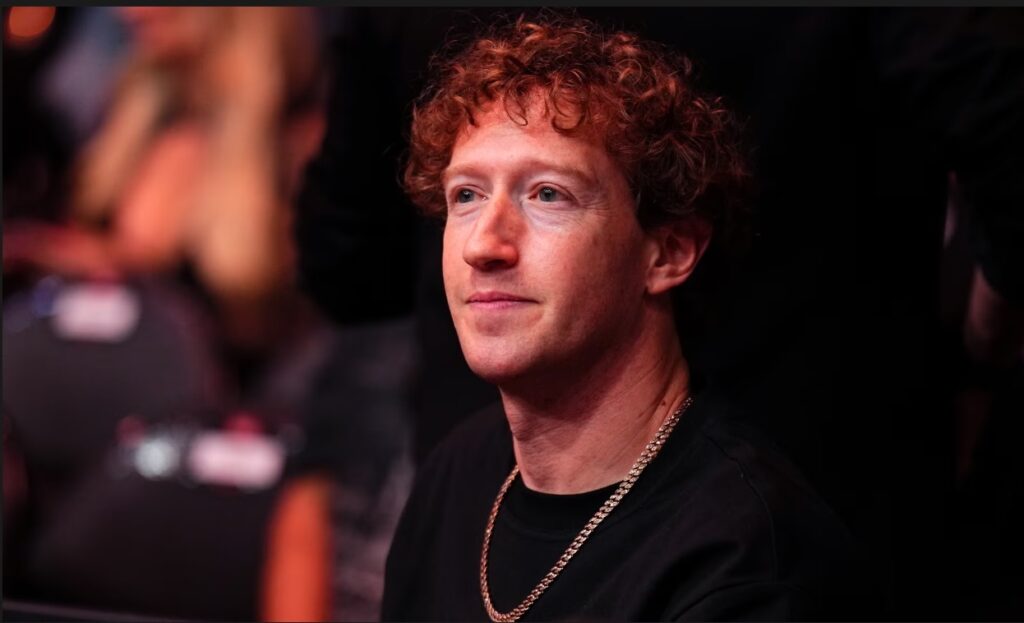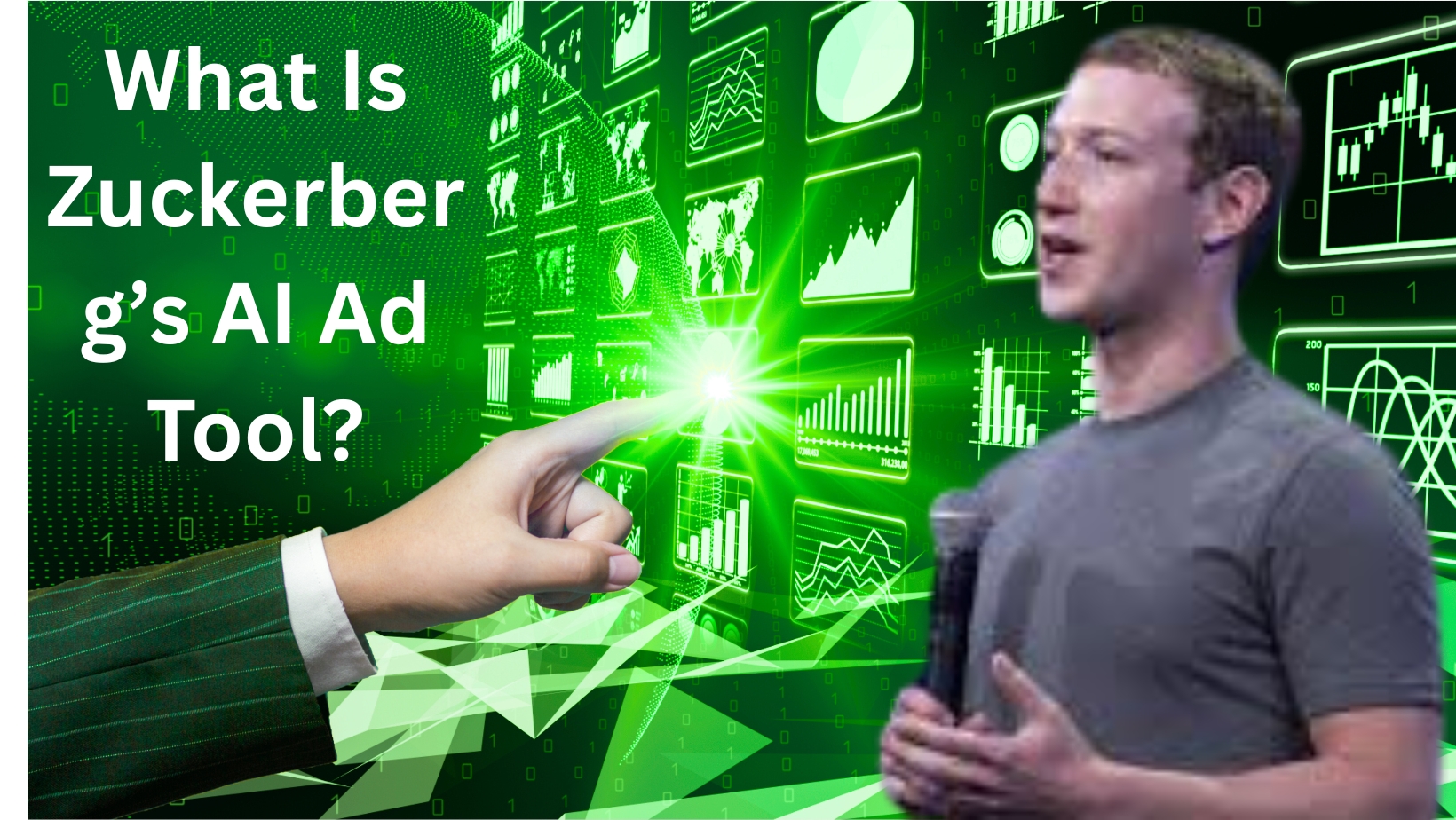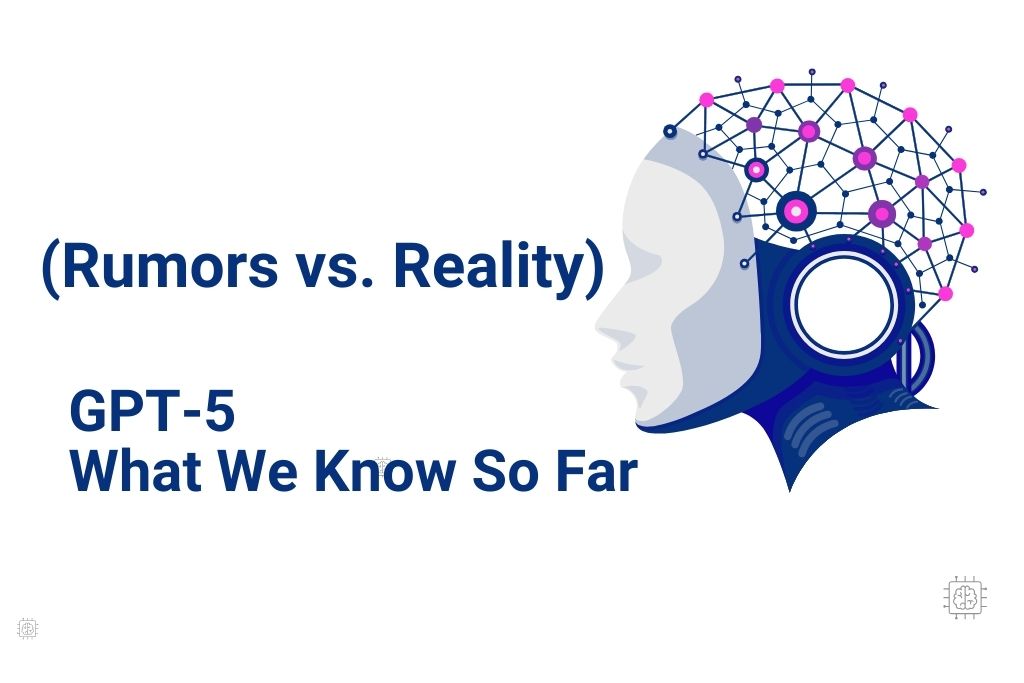Zuckerberg’s AI ad tool
Meta’s CEO, Mark Zuckerberg, recently unveiled a bold vision for an AI-driven advertising tool that promises to revolutionize the ad industry. Announced during a fireside chat at Stripe’s Sessions conference in 2025, this “black-box, end-to-end” AI system aims to automate every aspect of advertising—from creative design to targeting and delivery. While the tool could streamline marketing for businesses, it raises serious concerns about user experience, ethical implications, and the future of social media. This article, optimized for SEO and tailored for ainewsupdate.tech, explores why Zuckerberg’s AI ad tool could turn platforms like Facebook and Instagram into a social media nightmare.
What Is Zuckerberg’s AI Ad Tool?

Zuckerberg’s vision is ambitious: a fully automated AI system where businesses define their objectives, set a budget, and let Meta’s AI handle the rest. The tool would generate thousands of ad variations, test them in real-time, and optimize for maximum performance. “We’re gonna be able to come up with, like, 4,000 different versions of your creative and just test them and figure out which one works best,” Zuckerberg said at the conference.
This AI-driven approach builds on Meta’s existing success in ad targeting, which Zuckerberg claims outperforms human marketers. By applying data-driven optimization to creative content, Meta aims to deliver hyper-personalized ads at scale. The tool is part of Meta’s broader AI strategy, including the Llama API and the Meta AI app, which already power features like AI-generated images and chatbots.
Why It Sounds Like a Social Media Nightmare
Keywords: AI ad spam, social media user experience, Meta AI content, generative AI slop, platform overload
While businesses may rejoice at the prospect of automated, high-performing ads, users could face a flood of AI-generated ad spam. Meta’s platforms—Facebook, Instagram, and Threads—are already grappling with an influx of generative AI content, from AI-crafted images to algorithmically curated posts. Adding thousands of AI-generated ads risks overwhelming feeds, turning social media into a cluttered, inauthentic experience.
1. Flood of AI-Generated “Slop”
Meta’s feeds have shifted from friend-driven content to creator and algorithmically recommended posts, with AI-generated content already making up a significant portion. Zuckerberg’s plan to introduce “infinite creative” ads could exacerbate this trend, filling feeds with what industry critics call “AI slop”—low-quality, machine-generated content designed to maximize engagement rather than provide value.
For users, this means scrolling through endless variations of AI-crafted ads that may feel intrusive or irrelevant, eroding the social connection that once defined platforms like Facebook. As one X post noted, “Mark Zuckerberg confirms AI spam is part of the strategy, more is coming, and Instagram & FB will become even less about your friends.”
2. User Experience at Risk
Social media thrives on authenticity and human connection, but Zuckerberg’s AI ad tool prioritizes efficiency over user satisfaction. Meta’s own data shows that time spent on Facebook and Instagram has increased due to AI-driven content (8% and 6%, respectively), but at the cost of meaningful interactions. Only 17% of Facebook’s content and 7% of Instagram’s comes from friends, signaling a shift toward passive consumption.
Flooding feeds with AI ads could further alienate users, who may feel bombarded by hyper-optimized promotions rather than engaging with friends or creators. This risks turning Meta’s platforms into “media” rather than “social media,” as noted by tech analyst Carmi Levy: “Platforms like Facebook and Instagram have become about as anti-social as you can imagine.”
3. Ethical Concerns in Advertising
The use of generative AI in advertising raises ethical red flags. Over 11,000 creators signed an open letter in 2024 condemning the use of human-generated art to train AI systems, citing exploitation and loss of creative control. Zuckerberg’s plan to automate ad creatives could devalue human artistry, replacing nuanced campaigns with algorithmically generated variations that prioritize clicks over quality.
Moreover, the “black-box” nature of Meta’s AI system means businesses and users have little insight into how ads are created or targeted. This lack of transparency could lead to unintended biases or manipulative ads, further eroding trust in Meta’s platforms.
Impact on the Advertising Industry
Keywords: AI advertising disruption, Meta ad automation, ad agency challenges, creative AI ethics
Zuckerberg’s AI ad tool threatens to upend the traditional advertising ecosystem. By automating creative production and targeting, Meta could reduce the need for ad agencies, particularly for small businesses that rely on Meta’s platforms. While this may lower costs, it could disrupt jobs and devalue human creativity.
However, not all industry experts are convinced AI will replace human marketers. Johnny Hornby, founder of The&Partnership, argues that successful branding campaigns remain a “uniquely human task.” Forrester analyst Mike Proulx echoes this, noting that CMOs are unlikely to fully delegate creative control to AI agents anytime soon.
For large brands, the tool’s reliance on Meta’s AI could increase ad costs and dependency on the platform, as businesses lose control over their campaigns. As one article warned, “This practice could disrupt the entire advertising system with rising ad costs.”
Meta’s Broader AI Strategy and Social Media’s Evolution
Keywords: Meta AI strategy, Llama API, AI social media, Zuckerberg AI vision, platform evolution
Zuckerberg’s AI ad tool is part of a larger shift in Meta’s strategy, which includes:
- Llama API: Powering AI features like the Meta AI app and personalized chatbots.
- Meta AI App: A social portal for AI-generated content, with a Discover Feed for product recommendations and ads.
- AI-Driven Feeds: Transitioning from friend-based to creator and AI-generated content, with plans for interactive AI Reels and gamified experiences.
This vision aligns with Zuckerberg’s belief that social media is evolving into a platform for entertainment and cultural expression rather than personal connections. He predicts a “funnier, weirder, and quirkier” digital landscape driven by AI, where users engage with content like memes and AI-crafted media. However, this shift risks alienating users who value authentic interactions, as evidenced by declining friend-based content on Meta’s platforms.




